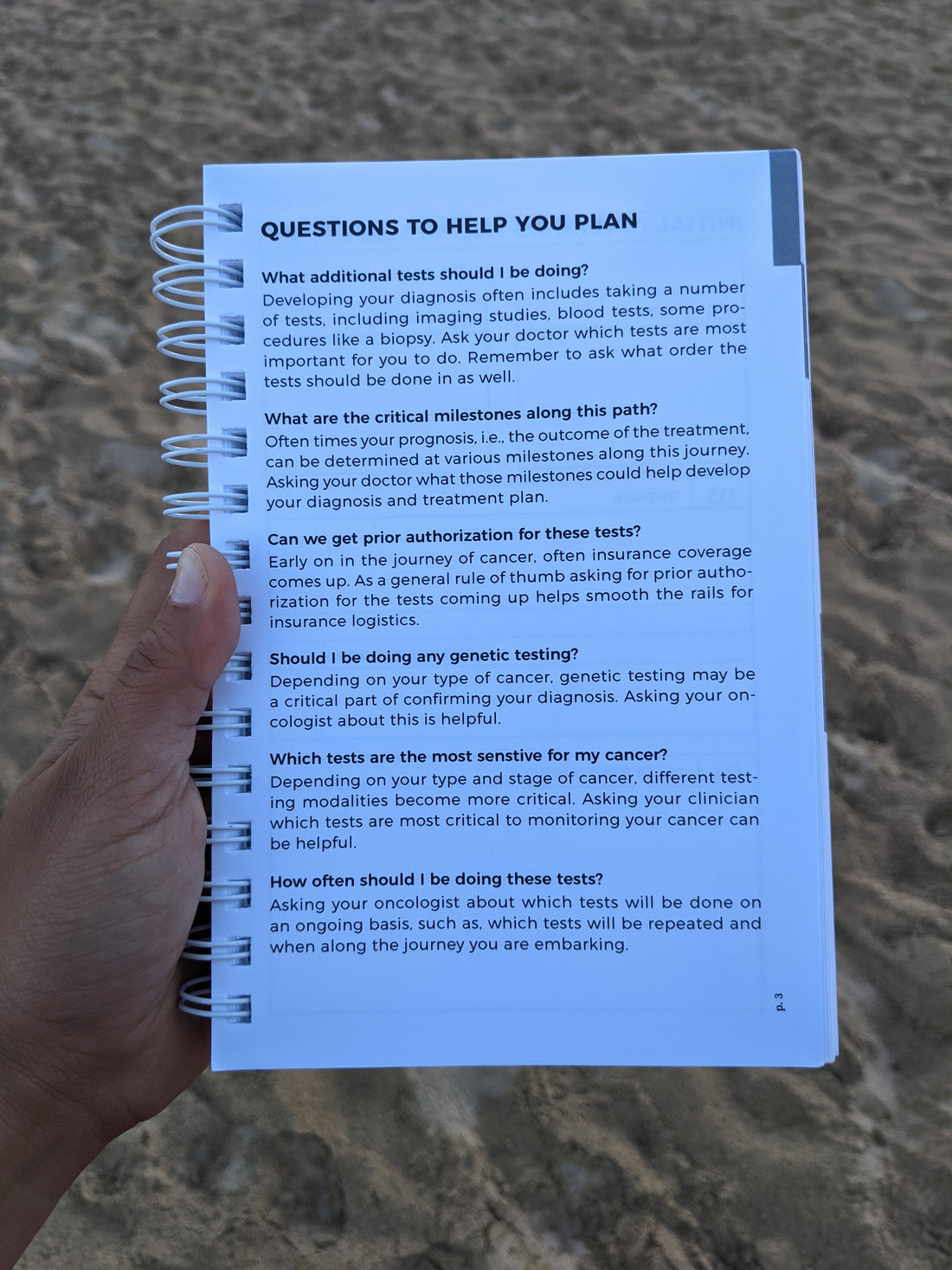I wrote this article for a friend who is about to start radiation a couple of weeks after I completed radiation. It's only in hindsight do you realize the number of things you possibly could have done differently.
In my case, I received radiation to my whole right breast area after completing my course of chemotherapy and a lumpectomy (surgery that removes the tumor). The goal for radiation was to reduce the chances that I would get a "local recurrence", that is the cancer would come back in the breast area.
The first thing to confirm is your treatment plan. Here are some general questions to ask your radiation oncologist:
Questions to ask your doctor:
-
Why do I need radiation? Depending on the type of cancer, the stage, the tumor location, and previous treatment, the reason you receive radiation will differ.
-
When do I need radiation? Depending on your specific cancer, radiation may occur before/after other treatment such as chemotherapy, surgery or immunotherapy.
-
What is the area is radiation targeting? Depending on the location of your tumor, and the objective of radiation, the areas that radiation will target are going to be different.
-
What type of radiation therapy makes most sense? Most often radiation therapy uses X-rays. In some cancer centers across the world, proton-based therapy is also being used.
-
How many grays are you going to get? A gray is the unit of radiation dose. It describes the absorbed energy per unit mass of tissue. This is equivalent to the dose of a drug. This is the total number that will be helpful to note for longer-term care as well.
-
How many days will you be getting radiation? The total number of grays is divided across many days to ensure you get the full dose.
-
How will I be positioned during radiation? The machine needs to target the specific area of your body. As a result the doctor is going to "position" you. There are many pros-and-cons for each position. It could help to ask your doctor which other options you might have.
-
Should I get a second opinion? I have come to believe that most oncologists really appreciate you advocating for yourself. They want what's best for you. Getting a second opinion prior to starting a significant treatment is important, even if, it reinforces the original plan.
Wait a minute - what is radiation anyway?
In its most basic form, radiation is a type of energy (such as a light wave) that is able to travel through space and penetrate different materials. Radiation therapy uses beams of radiation energy to kill cancer cells. These beams come from a giant machine (that looks like something out of Star Wars) that is able to precisely target the energy to a certain part of your body. In some cases, radiation could be placed inside your body.
What will it feel like?
I found this image off Mayo Clinic's website (see here). It doesn't feel like much to be honest. You lie down on this table in a pre-defined position. For me, my arms were above my head. Sometimes the team takes images of your body to ensure that your are positioned appropriately. The giant machine rotates around you and positions itself at the angle your team sets it to. A sound goes off. Minutes later, your are done.



